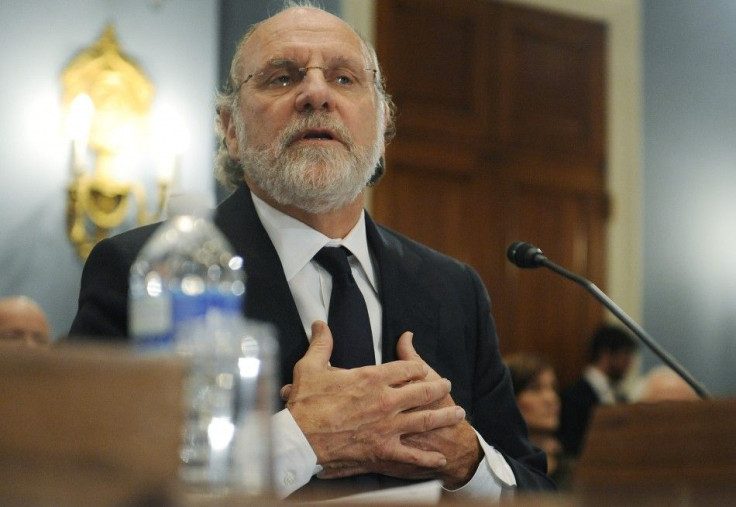Chicago Broker Shows 'em the Money, Post-MF Global

As former MF Global Holdings Ltd. CEO Jon Corzine prepared to testify last week before a U.S. congressional committee about missing customer money, independent broker Rosenthal Collins Group (RCG) attempted to restore customer confidence in the futures market by publishing exactly where it is holding its clients' collateral.
On its Web site home page under the question "Do you know how your broker invests customer funds?" the Chicago-based futures commission merchant (FCM) on Tuesday placed a link to a pie chart outlining specifically where it is holding the funds that customers depend on to trade and run their businesses.
The chart shows the broker's investment holdings for customer funds as of Nov. 30, with the bulk of the money in overnight investments collateralized by U.S. Treasury securities and the second-largest portion held in cash deposits at clearinghouses and brokers.
Fallout from the collapse of MF Global, a brokerage firm that filed for bankruptcy protection on Oct. 31 after $6.3 billion in wrong-way bets on European debt, has shattered trust in the futures-trading industry, where customer funds are not insured as they are in the equities-trading world.
Before the U.S. House of Representatives Agriculture Committee on Thursday, Corzine apologized to customers, employees, and investors who have suffered because of the brokerage firm's collapse, but said he does not know where the missing customer money is located.
"Customers are so devastated by what happened that anything that will bring back confidence and encourage transparency, we wanted to do," Leslie Rosenthal, managing partner of RCG, told Reuters. He said he wanted to show customers the firm didn't have any holdings in European debt, which sunk MF Global.
"This is our effort to let our customers know we engage in a much more conservative way of investing their money."
Customer Money 'Sacorsanct'
The missing money in MF Global's segregated customer accounts could be as high as $1.2 billion, according to the company's bankruptcy trustee, an unprecedented breach of industry rules. Regulators believe it is less than that.
John Werner, CEO of the White Commercial Corp., an FCM headquartered in Stuart, Fla., that holds as much as $200 million of customer funds on account with RCG, said his customers had been calling to ask how safe their money was.
"I thought that it was very prudent for them to put how they are carrying the customer segregated funds in the timeframe that they did after MF Global came apart," said Werner, an RCG client since 1990 who provides risk-management services for 185 grain elevator facilities around the U.S.
"It's assuaged customer concerns."
Other FCMs have taken a more personal approach. CEO Sean O'Connor of INTL FCStone said the firm has sent letters to customers, but since the company is publicly traded, it will address this issue more specifically in its annual filing next week.
"We have provided customers with a standard letter clearly explaining how [segregated] funds work and of course have been happy to address any specific requests or questions."
The firm invests clients' money in short-term Treasury bills and approved money-market funds, O'Connor added. "We do not even extend tenures into longer-term treasuries or agencies."
Industry Still Feeling Effects
MF Global's bankruptcy filing has further crippled an industry already battered by years of diminishing income.
The surge in electronic-trading volume in the last decade has robbed brokers of commissions and persistently low interest rates have sapped income.
Add to the mix pending U.S. government regulations that threaten to curb trading, and the business model is not faring so well.
"Profitability is gone. It's affecting the whole futures industry. People are not trading as much as they used to. Funds, utilities, producers, they're all being affected," said Edward Kennedy, senior vice president with Hencorp Futures in Miami. "They don't know how many positions they can put on, what the limit is with the new regulations."
(Reporting By Jeanine Prezioso. Additional reporting by Jeffery Kerr. Editing By Alden Bentley)
© Copyright Thomson Reuters 2024. All rights reserved.











